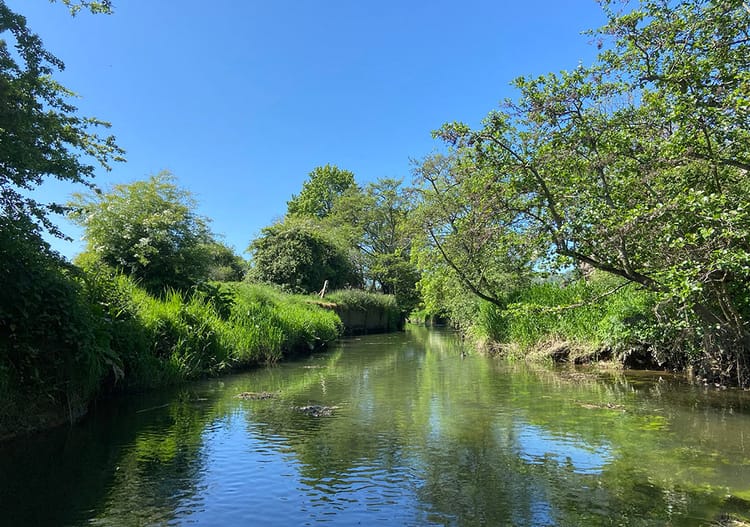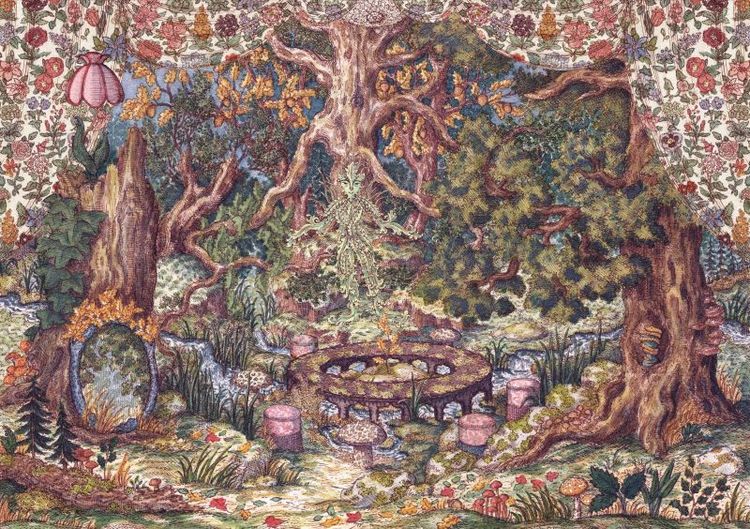Facing the Climate Crisis: A Journey from Denial to Active Hope (Part 3)
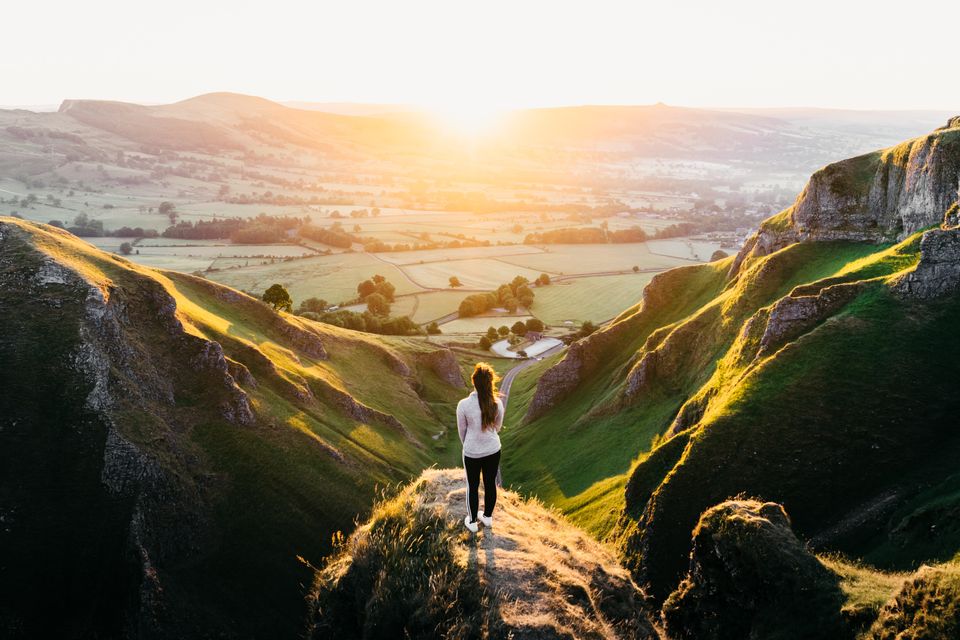
By Alice Brunton - also available on Medium
We’ve covered Denial, Gratitude, Facing Reality, Climate Grief.
Stage 5: Reframing & Reaching Out
Moving through the above stages, you may find yourself thinking versions of the same (unhelpful) story, i.e.
- “There’s no point in trying, we’ve already destroyed our world.”
- “I’ll live it up while I can or just ignore the whole thing.”
- “I can’t make a difference as an individual, so it’s pointless to even try.”
A friend voiced these ideas to me earlier this year, and I talked him through some of these ideas.
In Active Hope the authors recommend reaching out to those around you (family, friends, neighbours, colleagues) to remind yourself of the “wider web of resources available to us.” With the help of podcasts, climate action groups such as Lawyers for Nature and community groups, plus armed with the Active Hope roadmap, I kept pushing forward, learning and making new connections.
I began to realise that whilst it’s true that we can’t solve anything as an individual, we can all make a difference, and we all have a unique role to play in our collective response.
Regaining this sense of power is essential to push you forward towards action.
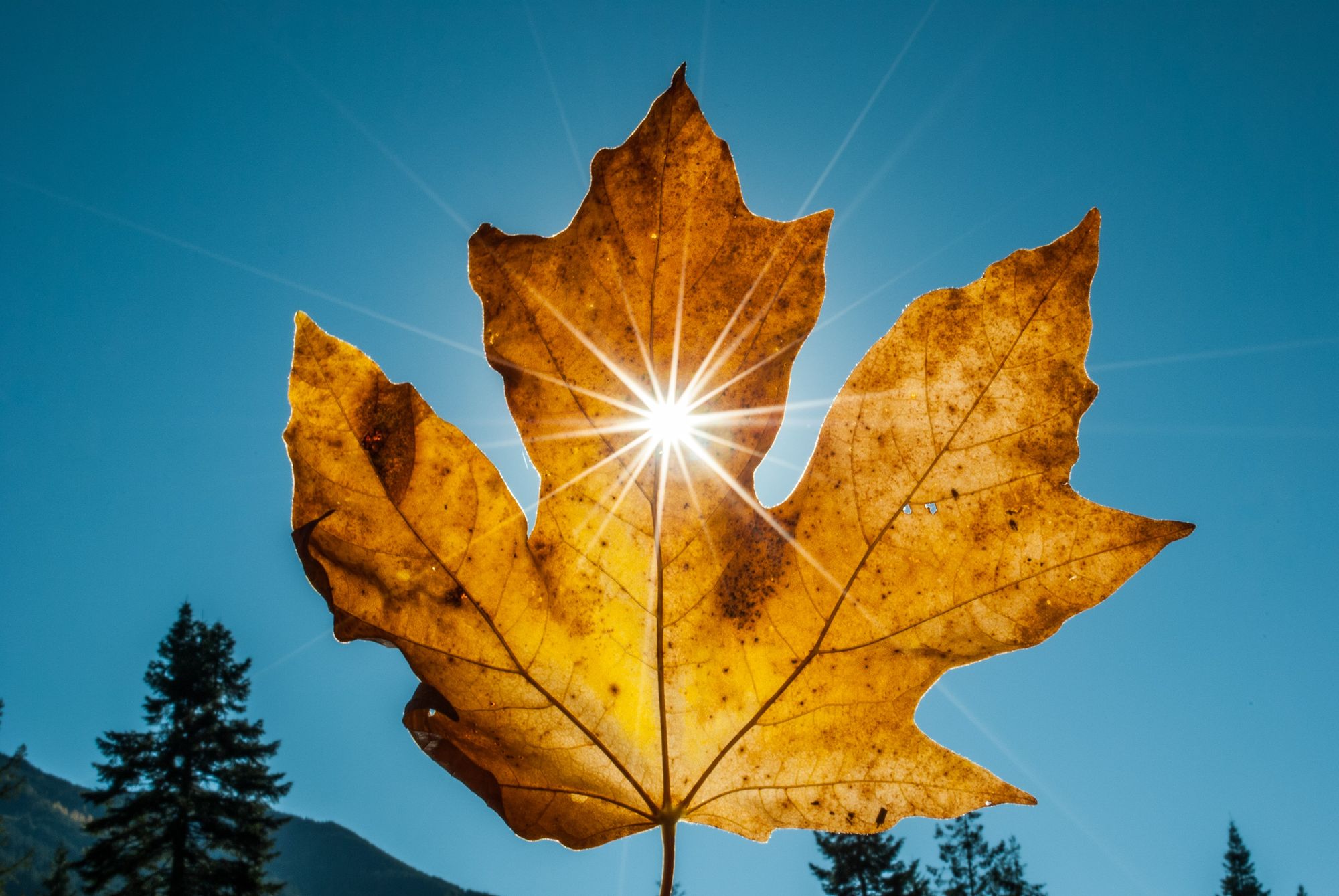
Also, remember that feeling sad, or angry (or totally despairing), is a totally logical response to the climate crisis. It shows you care. Process it, and try not to get stuck in any one emotion. Within the bounds of your resources, why not channel that caring into taking action?
Once you start to take action, alongside others, you will feel less like everything is outside of your control.
Stage 6: Active Hope
Once I’d moved through the stages above, instead of painfully trying to ignore the climate crisis, I felt driven to take action.
In Active Hope, the final stage is considering “how you can act for the healing of the world,” by identifying how you can help us all move towards a more sustainable future. I reassessed my skills, and how I could use these as part of our collective response. You can too.
This doesn’t have to mean changing jobs, but realising that (nearly) every job or role can be practiced in a climate-positive or negative way.
If you can, reassess how you do yours. And keep learning, inspiring you to take greater action.
To close, here’s a list of some specific actions you can take to help make a difference to the climate crisis (inspired in part by the brilliant online course I recently took by AimHi Earth — you can sign up to their next one here):
(i) Vote for climate-positive parties who will actively invest in the urgent energy transition away from fossil fuels, and get involved in local community, NGO or political groups yourself;
(ii) Eat less beef, more plants and more sustainably farmed produce;
(We know cows give out tonnes of methane, which is bad for the climate, but did you also know that farming animals for meat is also just really inefficient, essentially wasting land? 77% of the world’s farmland is used for animal products, which are only 18% of our food. It’s the main reason forests are being destroyed. Help protect Nature by eating more plants and less meat in 2022)
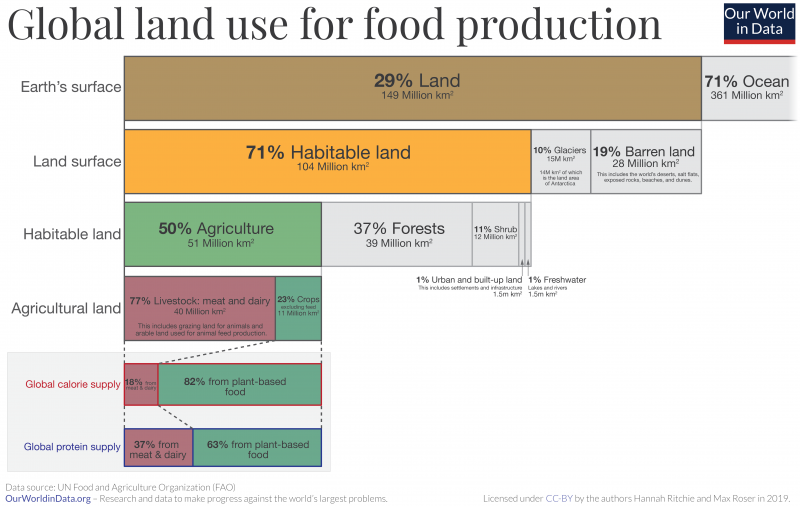
(iii) Move your money to a climate-friendly bank that doesn’t invest in fossil fuels — try Switch It for banking and Make My Money Matter for pensions;
(iv) Support equal access to education globally, and give to charities which support women’s ability to control their own lives (including having children by choice) such as such as Action Aid, Plan International, and UNICEF;
(v) Use your skills in a climate-positive way at work, and talk about it with your peers (see this Guide to making your job a climate job by Project Drawdown);
(vi) Reduce how often you fly (why not staycation — something we’ve all been doing more of recently — or get the Eurostar?);
(vii) Become less reliant on fossil-fuel transport where you can;
(viii) Reduce your waste (reuse, upcycle, recycle and use a food waste/compost bin — Did you know that decomposing food waste would be the 3rd highest greenhouse gas emitter internationally, if it were a country? Statistics from Our World in Data);
(ix) Talk to your peers about what you’re doing and what they can do too. Action is contagious!
(x) Just make a few changes, and you start a cycle of positivity. You meet others doing the same, and feel more hopeful as a result. This is Active Hope in practice.
I admit I haven’t managed all of these , and do some better than others, but knowing that many of these simple actions are impactful on the climate, when added together with many other people doing the same thing, helps drive me to take greater action. *
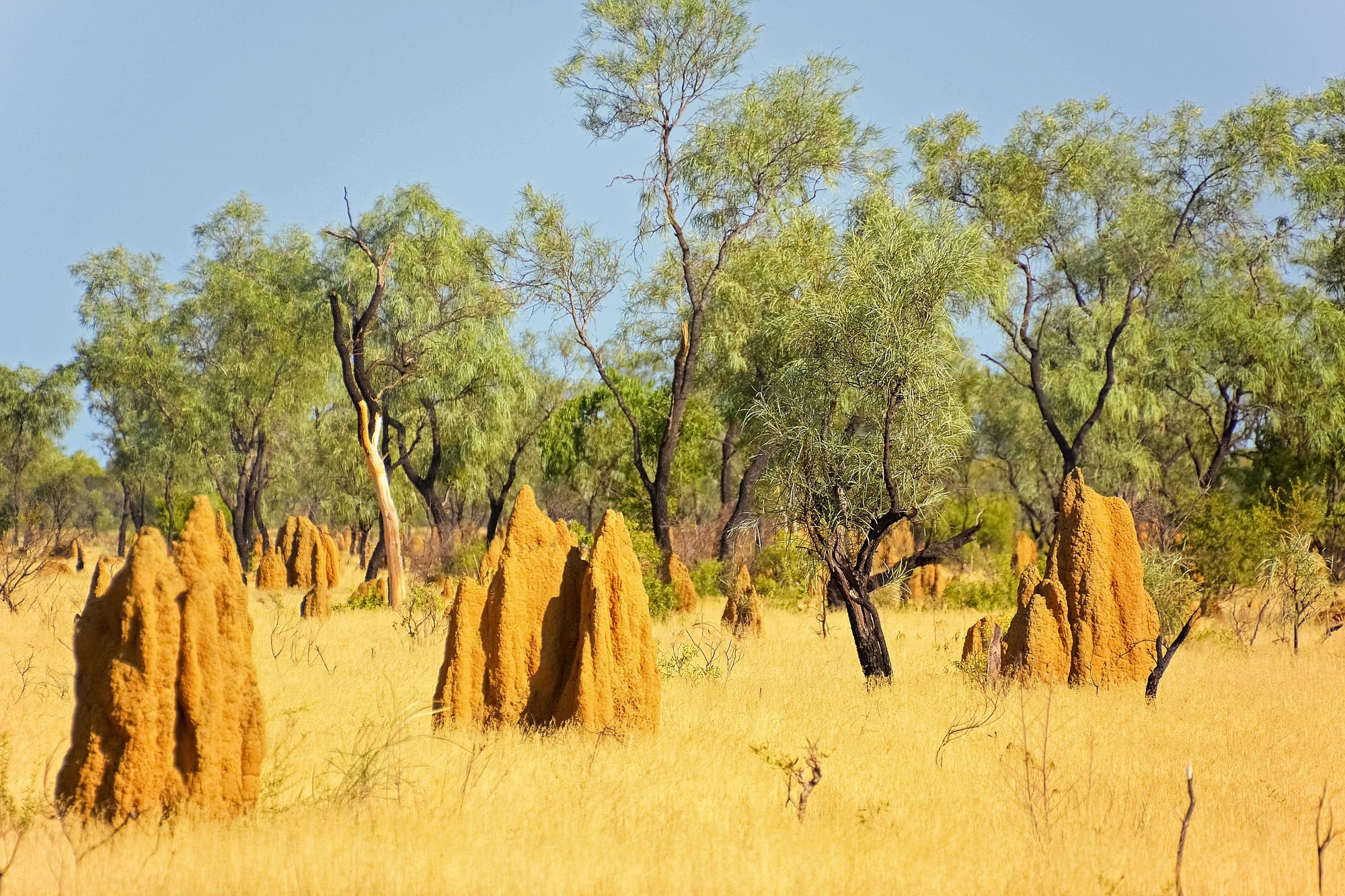
Summary
After moving through these stages, and working out what actions you can take, you will have informed yourself further about the climate crisis, and hopefully gained:
- A better understanding of not just the status of the crisis, but also how we can move towards a more sustainable future on this planet.
- A greater sense of purpose, and what your role is in our collective response, having reassessed how to use your skills for the benefit of the planet.
- Greater resilience. When you are doing this work, remember to revisit gratitude too (and keep up your energy, as climate anxiety and burnout are real).
But is this the end of the process?
Of course not. You will keep learning new things about the climate crisis. You will likely go through some or all of the above stages again; it’s more like a cycle. But you will have greater purpose and resilience on your side this time, and there will be more people on the journey next to you, keeping you going.
Returning to the core message of Active Hope:
“when the activating siren…is no longer muffled…something gets switched on. It is our survival response.”
Imagine the interconnected ideas and momentum we could gain as a civilisation, across local communities, cities, businesses, schools and universities, in the UK and around the world, if the majority of people started fully switching on their survival response, and taking action. This momentum would bring us further and quicker towards properly protecting Nature and moving away from fossil fuels, which we urgently need to do in as many ways as possible.

Don’t wait for Hope to come to you.
Take Action, and you will find it.
— — — — — — — — — — — — — — — — — — —
*Footnote. I am by no means arguing that solving the climate crisis relies on individual action. Businesses and governments have the resources to make the necessary policy and investment decisions. But we as individuals do have the power to use our voices and help drive the urgency of these wider systemic changes. It’s already happening, we just need more people onboard.
Subscribe to Lawyers for Nature & Join our Community
If you are on the website, enjoyed this blog and are yet to subscribe to the Lawyers for Nature newsletter, you can click the button at the bottom right hand corner of this page, or simply click here. You can also use our Contact Page if you would like to reach out directly, or simply join our Community Discord Server.
We look forward to working with you.


